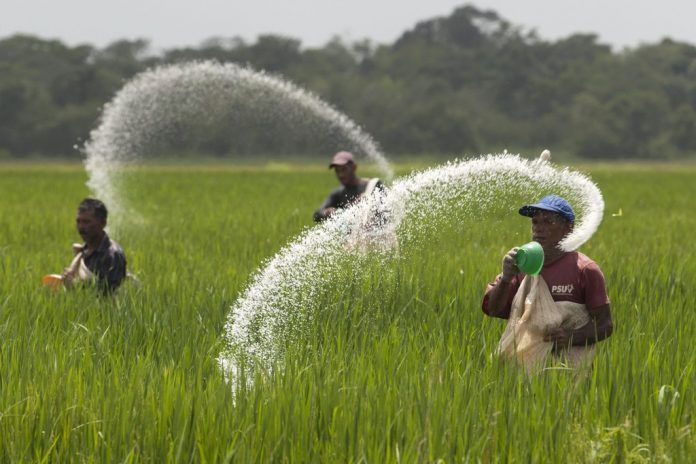The Government has imported 220,000 tons of urea, addressing the recent fertilizer shortage and bolstering the agriculture sector. Commerce Minister Dr. Gohar Ejaz announced that distribution is underway via the National Fertilizer Marketing Limited (NFML) to private manufacturers, ensuring urea reaches farmers at a rate of about 5,000 tons daily.
This move aims to enhance food security and support the productivity of Pakistan’s farmers. “Together, we are building a stronger, more food-secure Pakistan,” Dr. Ejaz stated, highlighting the effort to ensure continuous agricultural growth.

























Very nice. Address the grievances of agriculture sector. Also estimate output of crops and per acre yield. It is very unfortunate that consumers complain high prices of agricultural produced and growers complains not adequate sale prices to cover the cost. Middleman is the beneficiary that get crop at lower price from farmers and sell at high price to consumers. On top of that middle man is not registered in tax department and don’t pay any taxes.To address this issue something must be done.
for the last three months the farmers were affected due to the shortage of urea in the market the hoarders profited large amount from the farmers but no one took care .the Sona urea of fauji fertilizers was totally absent from the market. no one was held answerable. farmers had to buy urea at the rate of more than 7000 per bag. now who is responsible for the high costs